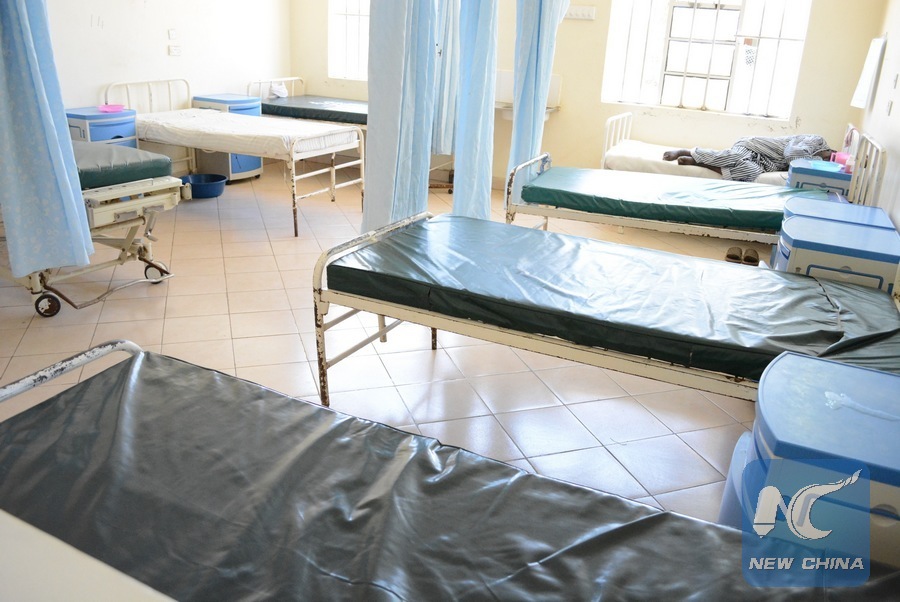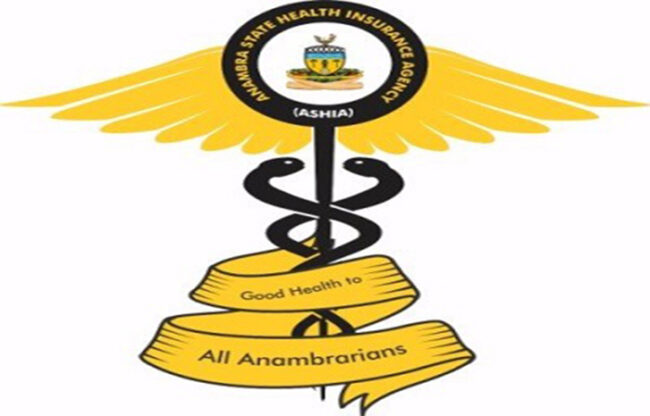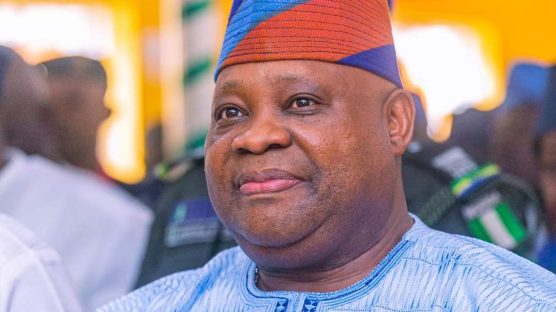President Bola Tinubu has directed the Secretary to the Government of the Federation (SGF) to enforce mandatory health insurance across all Ministries, Departments, and Agencies (MDAs).
The directive aligns with the provisions of the National Health Insurance Authority (NHIA) Act, 2022, and mandates immediate issuance of a service-wide circular to ensure compliance.
The President also called for “further, closer and constructive engagement with the private sector on the Act to ensure that businesses are not unduly constrained.”
According to a statement issued by Presidential Spokesperson, Mr Bayo Onanuga, on Wednesday, the directive outlines five key areas of implementation across public institutions.
“All MDAs must enrol their employees in the National Health Insurance Authority (NHIA) health insurance plan.”
MDAs may also procure additional private insurance coverage where necessary, as long as it aligns with the NHIA Act.
“All entities participating in public procurement must present a valid NHIA-issued Health Insurance Certificate as part of their eligibility documentation.”
This certificate serves as proof of compliance and is a precondition for participating in any procurement-related activities.
“All MDAs must require applicants to present valid NHIA Health Insurance Certificates as a precondition for issuing and renewing licenses, permits, and other official approvals.”
To support this, the NHIA will develop a digital verification platform to ensure transparency and ease of access.
MDAs are further required to collaborate with NHIA to establish internal systems for verifying the authenticity of submitted health insurance certificates.
They must also implement consistent compliance monitoring to ensure all regulatory obligations under the Act are met.
The presidential order aims to expand health coverage, protect workers, reduce out-of-pocket expenses, and improve accountability in both public and private sectors.
The NHIA Act, enacted in 2022, mandates health insurance for all Nigerians and empowers the NHIA to take necessary steps toward universal coverage.
In spite of advancements in the health sector, national insurance coverage remains alarmingly low, three years after the law’s passage.




